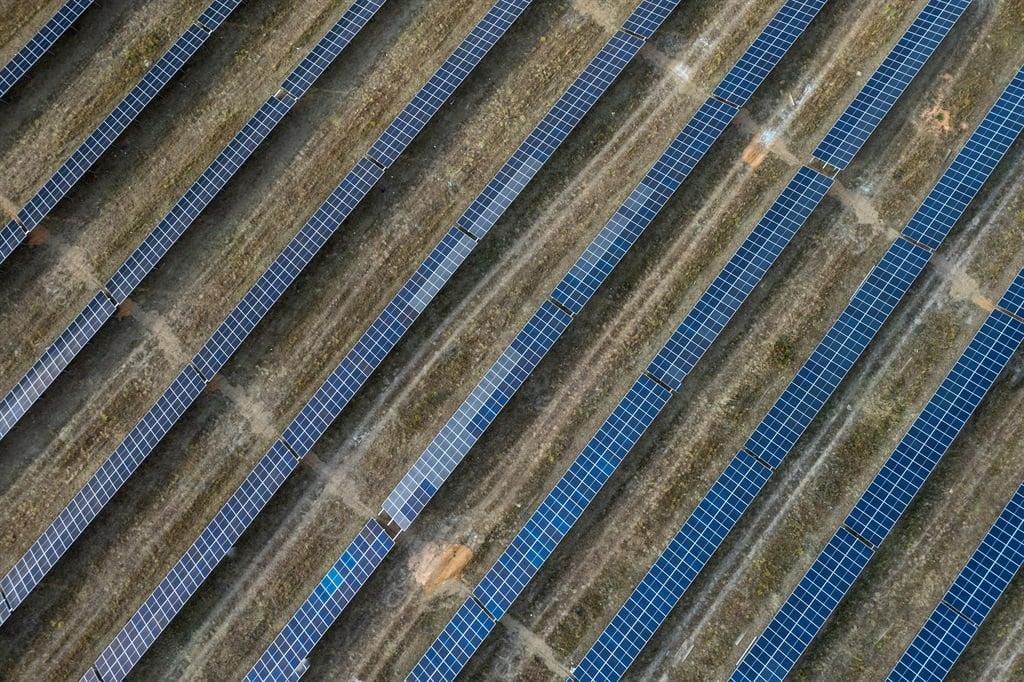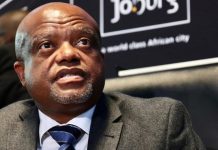Africa-Press – South-Africa. As South Africa suffers record load shedding, the National Energy Crisis Committee (Necom) has reported back on progress with implementing President Cyril Ramaphosa’s power crisis plan, which was announced last year.
The latest developments include that government has finally lifted the licensing threshold for private power generation projects.
New legislation has been gazetted to remove the 100MW licensing threshold for these projects. This means that solar and wind projects of any size can be built without a licence.
Towards the end of 2021, government raised the threshold from 10MW to 100MW.
Since then, private sector companies have launched 100 projects which will bring more than 9 000MW to the grid. Eskom’s entire fleet has a capacity of around 45 000MW.
The first of these private sector projects should connect to the power grid by end-2023. Necom expects the recent removal of the licensing threshold will “significantly” accelerate private investment.
Special security meeting
As breakdowns at Eskom’s ageing power stations are worsened by sabotage and crime, Necom also said that Ramaphosa has instructed law enforcement agencies to ramp up efforts to protect electricity infrastructure.
A special meeting of the National Security Council will be convened in the next week. The council will consider a report on efforts to stop criminal syndicates and sabotage at power stations. So far 67 cases are on the court roll for theft and fraud at Eskom.
Necom report-back
Convened by Phindile Baleni, the director-general in the Presidency, Necom comprises top government officials from several departments as well as Eskom representatives.
Necom said that progress with the power crisis plan included:
A team of independent experts has also been established to work with Eskom to diagnose the problems at poorly performing power stations and take action to improve plant performance.
Six power stations have been identified for particular focus over the coming months, with oversight from the new Eskom board.
Diesel?
The crisis plan progress report did not cover the one instant solution to lower load shedding: solving Eskom’s diesel problem.
The financially-stricken utility doesn’t have enough money for diesel to run its open-cycle gas turbine plants, which provide emergency electricity and reduce load shedding.
Treasury has not budged on Eskom’s demands for more taxpayer money to pay for the diesel. Eskom’s application for a licence to import its own fuel so that it could buy diesel at the basic fuel price, has also been rejected by the energy department.
For More News And Analysis About South-Africa Follow Africa-Press






